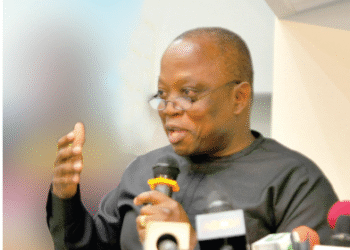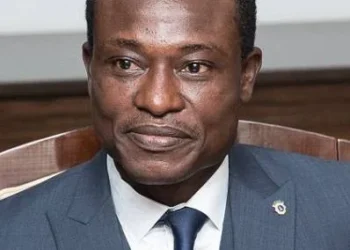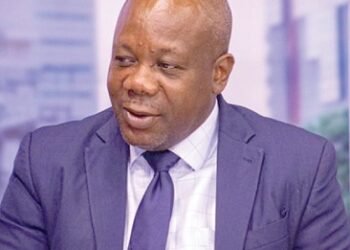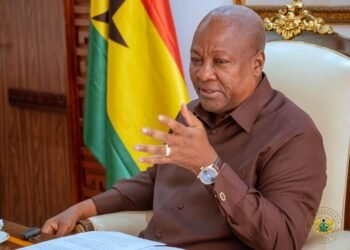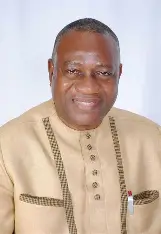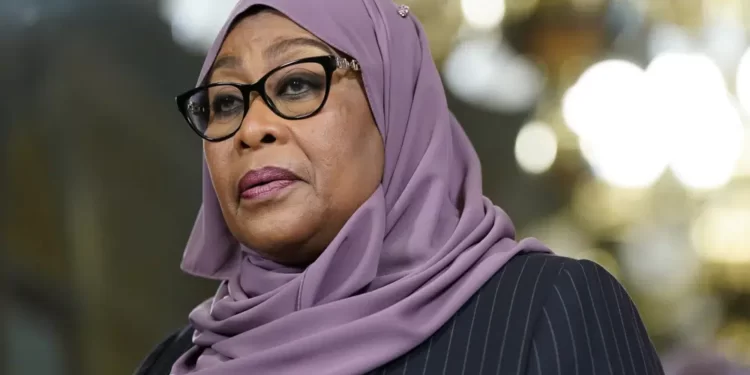Kay Codjoe, a volunteer associate at IMANI Africa, has shared his perspective on the Mahama press encounter held on September 10, 2025, offering both praise and sharp critique.
Codjoe commended President John Dramani Mahama for personally engaging with the media just eight months into his presidency, but expressed concern over the lack of clear timelines, roadmaps, and performance indicators to back up the President’s ambitious plans.
According to Codjoe, Mahama’s decision to face the public directly rather than hide behind technocrats or spokespeople deserves recognition.
“In a time when leaders often dodge scrutiny, his willingness to sit in the open is a step worth acknowledging.
“But what was the essence of this ‘Meet the Press’? Did it deepen our understanding of the government’s reset agenda, or did it feel more like a polite exchange of notes?”
Kay Codjoe
On education, Codjoe highlighted Mahama’s promises, including free tertiary education for persons with disabilities, expanded PhD scholarships, and a research fund aimed at keeping Ghanaian talent within the country.
While praising these initiatives, he pointed out that many challenges remain unresolved.
“The ambition is commendable, but delivery is the real test,” Codjoe said, referencing classrooms still without textbooks, overcrowded lecture halls, and teachers struggling with unpaid arrears.
Turning to healthcare, Codjoe acknowledged Mahama’s pledge to inject billions into the National Health Insurance Scheme (NHIS), improve hospitals, and strengthen infrastructure.
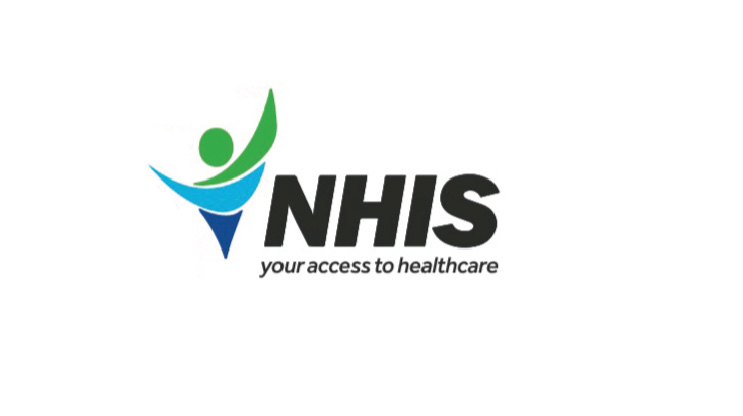
However, he emphasized that real progress must be measured by its impact on everyday Ghanaians.
“Budgets are good, but they must translate into gloves, beds, and medicine,” he explained, noting that rural communities like Bongo and Damongo are still waiting for tangible improvements.
Addressing issues on the economy, Mahama highlighted falling inflation rates, now hovering around 11.5%, and a stronger cedi.
While these figures are encouraging, Codjoe stressed that economic recovery must be felt at the grassroots level.
“The measure of stability is not the Bank of Ghana chart but the market woman’s basket,” he stated, asking whether food prices, rent, and utility bills have become more manageable for the average citizen.
Mahama’s Corruption Fight, Others Spark Growing Public Doubts
Corruption was a key focus of Mahama’s address, with the President revealing that more than 200 cases, including high-profile scandals such as the Sky Train project and the Buffer Stock case, are under investigation.
While Codjoe acknowledged the President’s willingness to openly discuss these issues, he raised concerns about whether the investigations would result in decisive action.
He stressed the importance of ensuring that public officials implicated in corruption face real consequences, warning that without follow-through, these cases risk becoming yet another set of unresolved scandals lost in Ghana’s long history of pending cases.
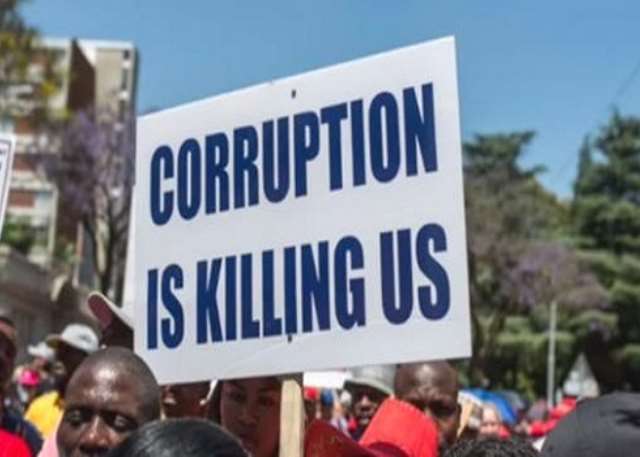
“Ghanaians are not demanding witch-hunts, but they want to see that thieves in public office, past or present, face consequences.”
Kay Codjoe
Illegal mining, commonly known as galamsey, was another hot topic. Mahama reported that no new mining licenses had been issued for forest reserves and that nine reserves had been reclaimed.
He also highlighted the deployment of Blue Water Task Forces to patrol rivers. While acknowledging these efforts, Codjoe cautioned that the fight against galamsey must go deeper.
He argued that without holding powerful figures—such as chiefs, politicians, and financiers—accountable, the campaign risks being seen as just another seasonal political slogan.
The much-debated 24-Hour Economy initiative, initially dismissed as mere political rhetoric, is gradually becoming a reality. Codjoe noted that institutions like passport offices and ports are now operating for extended hours, which is a positive step.
However, he questioned whether this alone could create lasting economic transformation.
“Ghana cannot industrialize by keeping passport officers awake at midnight,” he said, emphasizing the need for large-scale industrial development and job creation to drive the policy forward.
Missed Opportunities for the Press
Kay Codjoe further expressed disappointment in the press corps for failing to ask tough, probing questions during the session.
He pointed to several missed opportunities, including the lack of direct challenges regarding the Electricity Company of Ghana’s (ECG) 42% revenue loss, Cocobod’s high spending amid farmer struggles, and the government’s handling of the Sawla-Tuna-Kalba conflict, which has claimed more than 30 lives.
“The President touched each issue, sometimes with honesty, sometimes with caution. But the press did not push hard enough. They asked, he answered, but they did not interrogate.”
Kay Codjoe

Accordingly, Codjoe added that no question truly unsettled Mahama throughout the event.
Despite these shortcomings, Codjoe acknowledged Mahama’s composure and preparedness, noting that he presented himself as a confident and steady leader.
However, he emphasized that the media must rise to the challenge of holding the government accountable.
Codjoe concluded his analysis with a call for both the government and the media to embrace greater transparency and accountability. “Because Ghana’s future cannot be built on polite nods. It must be built on scrutiny, courage, and hard truths.”
As Ghana continues its political transition, Codjoe’s reflections highlight a growing public demand for clear roadmaps, measurable results, and a press that is willing to challenge power.
The Mahama press encounter may have been a step in the right direction, but for many Ghanaians, it was only the beginning of a longer journey toward true accountability and reform.
READ ALSO: Singer Laments Audiences Now Attend Live Concerts Finding Faults




